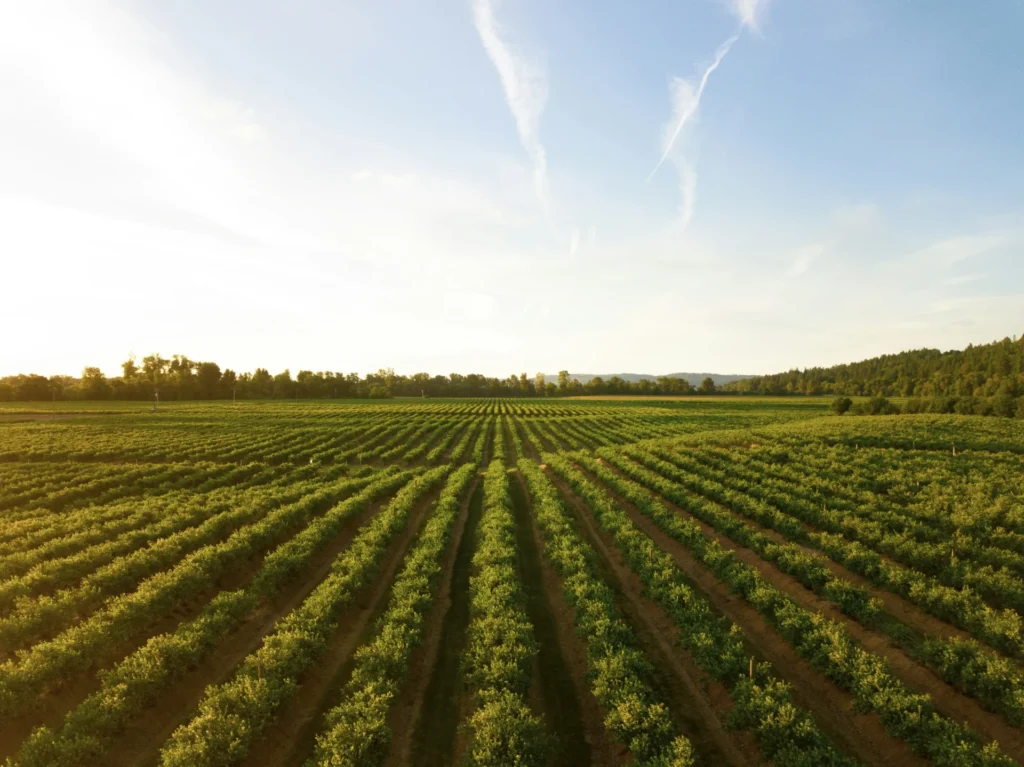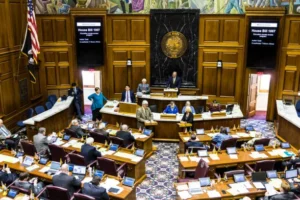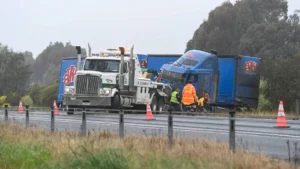The US Department of Agriculture announced Wednesday that it will pursue the Roadless Rule repeal, which would impact 45 million acres nationwide. Agriculture Secretary Brooke Rollins confirmed the agency will open public comments on Friday, giving Americans until September 19 to voice opinions.
Critics denounced the shortened timeframe, arguing it fails to adequately consider the consequences of lifting protections on millions of acres of federal land. The Roadless Rule, enacted in 2001 under President Clinton, restricted logging and road construction, limiting development across vast western landscapes.
Rollins defended the repeal, claiming local managers should determine land use to support logging, mining, and tree thinning and reduce wildfire threats. Environmental advocates strongly condemned the decision, calling it the most significant rollback of conservation protections in US history and environmentally destructive.
Tracy Stone Manning, president of The Wilderness Society, said the plan prioritizes industry profits over clean air, water, and public enjoyment. Alaska, home to one-third of the affected lands, will see the Tongass National Forest at the center of the looming conflict.
Southeast Alaska’s conservation groups warned of repeating destructive logging practices that once scarred ecosystems, fish habitats, and Indigenous communities. Joel Jackson, president of the Organized Village of Kake, criticized Washington decision makers for ignoring Alaska Natives’ long-standing reliance on forest resources.
He emphasized that repealing protections would devastate communities already harmed by decades of unsustainable clear-cut logging across Southeast Alaska. Not everyone opposes the repeal. Industry groups, mining advocates and utilities argue that new roads could support clean energy infrastructure projects.
Several lawmakers echoed that sentiment, insisting the rule restricted firefighting, economic opportunities, and resource access for states like Utah and Arizona. Republican U.S. Rep. Paul Gosar referred to wildfire destruction near the Grand Canyon as evidence that federal land management requires urgent reforms.










